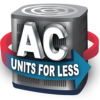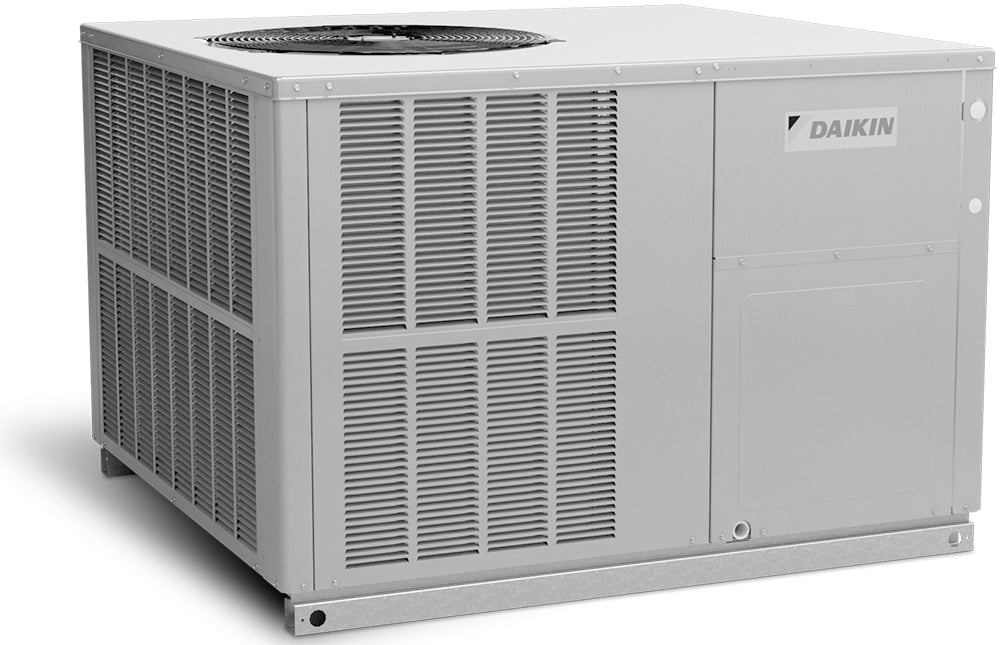As energy efficiency and sustainability take center stage, commercial HVAC (Heating, Ventilation, and Air Conditioning) systems are under increasing regulatory scrutiny. Business owners must stay informed about the latest rules and standards to remain compliant, reduce operational costs, and improve environmental performance. This guide will walk you through the essential regulations and best practices for navigating commercial HVAC requirements.
Why HVAC Regulations Matter
HVAC systems are a major source of energy consumption in commercial buildings, often accounting for up to 40% of energy usage. Governments and regulatory bodies are enforcing standards to reduce energy waste, cut greenhouse gas emissions, and ensure better indoor air quality (IAQ). Non-compliance can result in penalties, increased costs, and missed opportunities for energy savings.
Understanding these regulations is not just about compliance; it is also a chance to modernize your HVAC system and gain long-term cost and performance benefits.
Key Commercial HVAC Regulations You Should Know
1. Energy Efficiency Standards
-
SEER, EER, and HSPF Ratings: The Seasonal Energy Efficiency Ratio (SEER), Energy Efficiency Ratio (EER), and Heating Seasonal Performance Factor (HSPF) are performance metrics for HVAC units. New systems must meet minimum efficiency ratings, which vary by region.
For example:
-
SEER 14 is the minimum standard in many regions.
-
Some areas, like California, mandate higher standards such as SEER 15 or 16.
-
-
ENERGY STAR® Certification: ENERGY STAR-rated HVAC systems meet or exceed government efficiency benchmarks, reducing energy consumption by up to 20% compared to standard models.
Tip for Business Owners: Opt for ENERGY STAR systems to meet regulatory requirements and qualify for rebates.
2. ASHRAE Standards
The American Society of Heating, Refrigerating, and Air-Conditioning Engineers (ASHRAE) sets widely adopted guidelines for energy efficiency, indoor air quality, and ventilation.
Key ASHRAE standards include:
-
ASHRAE 90.1: Defines the minimum energy efficiency requirements for commercial buildings.
-
ASHRAE 62.1: Outlines ventilation and IAQ requirements to ensure occupant health and comfort.
-
ASHRAE 55: Specifies thermal comfort conditions for commercial spaces.
Why It Matters: Compliance with ASHRAE standards helps businesses meet local building codes and ensures employee health, productivity, and safety.
3. Refrigerant Management Regulations
Refrigerants used in HVAC systems, such as HFCs (Hydrofluorocarbons), are potent greenhouse gases. To combat climate change, governments are phasing out high-global-warming-potential (GWP) refrigerants.
-
The Kigali Amendment:
-
Mandates a gradual reduction in the use of HFC refrigerants.
-
Requires businesses to transition to low-GWP alternatives like R-32 and R-454B.
-
-
EPA’s Section 608 Regulation:
-
Technicians handling refrigerants must be certified.
-
Proper leak detection, repair, and refrigerant disposal are mandatory.
-
Action Step for Businesses: Schedule regular HVAC maintenance to monitor refrigerant levels and minimize leaks.
4. Building Energy Codes
State and local jurisdictions often adopt building energy codes to enforce HVAC efficiency requirements. Common frameworks include:
-
International Energy Conservation Code (IECC): Provides minimum energy efficiency standards for HVAC systems.
-
California Title 24: A stringent set of energy efficiency regulations applicable to new and existing buildings in California.
Building owners must ensure that their HVAC installations and upgrades comply with these energy codes to avoid delays or fines during inspections.
The Benefits of Staying Compliant
Compliance with HVAC regulations delivers significant benefits:
-
Reduced Operating Costs: Energy-efficient HVAC systems consume less power, leading to lower utility bills.
-
Improved Air Quality: Meeting ventilation and IAQ standards ensures a healthier, more productive workspace.
-
Environmental Sustainability: Transitioning to low-GWP refrigerants and efficient systems reduces your building’s carbon footprint.
-
Avoidance of Penalties: Failing to meet regulations can result in heavy fines or operational disruptions.
-
Access to Incentives: Many governments and utilities offer rebates, tax credits, and funding opportunities for businesses that install energy-efficient systems.
Steps to Ensure HVAC Compliance
To keep your commercial HVAC systems compliant, follow these steps:
1. Stay Informed
Regularly monitor updates to local and federal HVAC regulations. Partner with industry professionals who can guide you through compliance changes.
2. Schedule Regular Maintenance
Preventative maintenance ensures your systems remain energy-efficient, leak-free, and compliant with refrigerant management rules.
3. Conduct an HVAC Audit
An HVAC audit assesses your current system’s performance, identifies inefficiencies, and recommends upgrades to meet regulatory requirements.
4. Upgrade Outdated Systems
Invest in energy-efficient HVAC systems that meet or exceed current standards, such as those with ENERGY STAR certifications.
5. Train Your Team
Ensure your HVAC technicians are certified under EPA and other applicable standards to handle refrigerants and system maintenance properly.
Final Thoughts
Navigating commercial HVAC regulations may seem overwhelming, but staying informed and proactive can simplify the process. Compliance not only helps you avoid penalties but also provides long-term cost savings and environmental benefits. By adopting energy-efficient systems, maintaining regular audits, and keeping up with refrigerant regulations, you can future-proof your business and contribute to a greener planet.
Stay ahead of the curve—work with HVAC professionals, embrace innovative technologies, and ensure your commercial systems meet all the necessary standards.
Ready to upgrade your commercial HVAC system or need help ensuring compliance? Contact our team of HVAC experts today!


